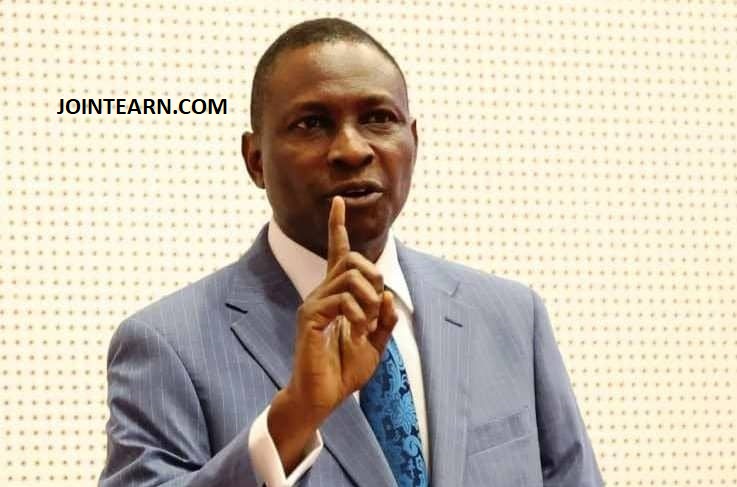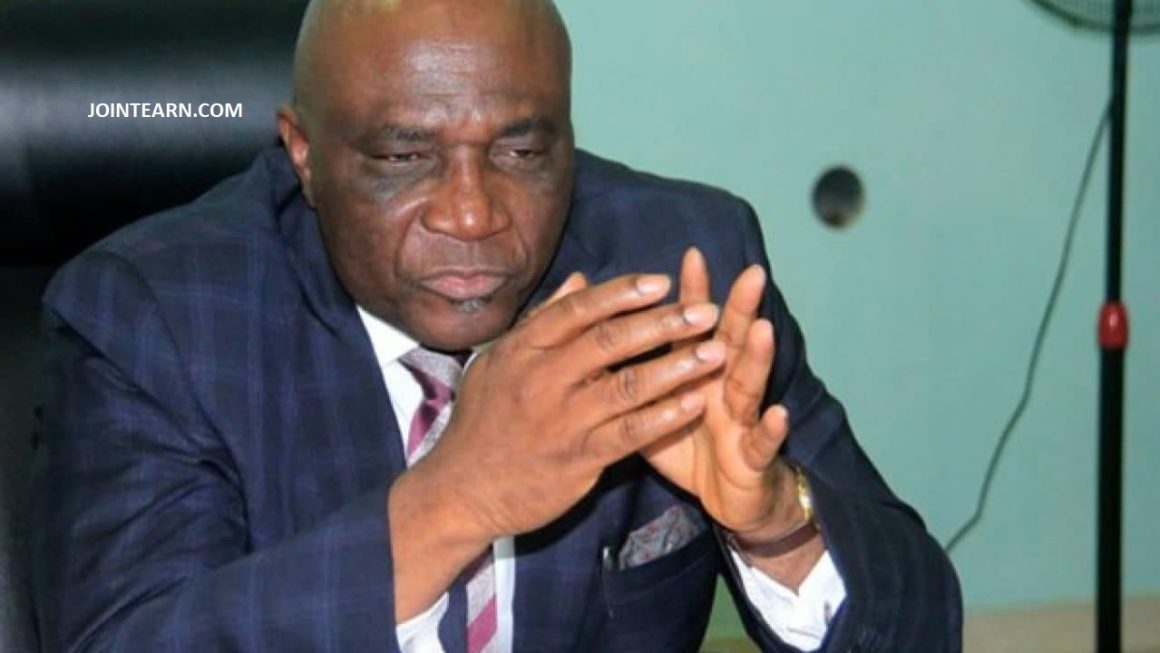As part of the observance of World Health Day 2025, Nigeria’s First Lady, Aisha Buhari, has called for immediate action to tackle the persistent challenges surrounding maternal and newborn health in the country. Speaking at an event marking the occasion, the First Lady highlighted the alarming statistics that show a high number of maternal and newborn deaths annually, urging both government and healthcare organizations to prioritize the issue and work towards a solution.
World Health Day, celebrated every year on April 7, serves as a reminder of the global commitment to health improvement and tackling significant health issues worldwide. The theme for World Health Day 2025 focuses on maternal and newborn health, calling for global efforts to reduce preventable deaths and improve care for mothers and infants. Nigeria, with one of the highest maternal and newborn mortality rates globally, remains a key focus of these calls for action.
In her address, Aisha Buhari emphasized the critical importance of improving access to quality healthcare services for women, particularly in rural areas where maternal and newborn health care remains severely inadequate. “Every mother and every newborn has the right to survive and thrive. No woman should have to die giving life, and no newborn should lose its life due to preventable causes,” the First Lady stated. She stressed that addressing maternal and newborn deaths requires a coordinated effort that includes not only government action but also community engagement and better healthcare infrastructure.
According to the World Health Organization (WHO), approximately 810 women die every day due to preventable causes related to pregnancy and childbirth, and 2.6 million newborns die each year within the first month of life. In Nigeria, the statistics are particularly concerning, with the country ranking as one of the highest in maternal and newborn mortality. The First Lady pointed out that Nigeria accounts for a significant portion of these deaths, urging for increased attention and resources to reverse these trends.
The First Lady called for a renewed commitment to the implementation of policies and programs aimed at improving maternal and child health. She specifically highlighted the importance of strengthening the country’s healthcare system, ensuring that skilled health workers are available and accessible in every part of Nigeria. “We must ensure that every pregnant woman, no matter where she lives, has access to skilled birth attendants, proper medical care, and emergency obstetric services,” she said.
To address the issue, Aisha Buhari proposed a multi-faceted approach that involves strengthening the healthcare system, improving maternal health education, and increasing investment in public health. She urged both federal and state governments to ensure the full implementation of existing health policies, including the National Health Act, which seeks to provide affordable and quality healthcare services to Nigerians. The First Lady also called for greater collaboration with international organizations to bolster the country’s efforts to reduce maternal and newborn deaths.
In addition to healthcare improvements, Aisha Buhari also advocated for the empowerment of women and communities to take an active role in improving maternal and child health. “Empowering women with information about their health, rights, and access to healthcare is key to reducing the number of preventable maternal and newborn deaths,” she said. She urged women to seek antenatal care and engage with healthcare providers to ensure the best possible outcomes for both mothers and babies.
During the event, health experts and representatives from international organizations also weighed in on the issue. Dr. Osagie Ehanire, Nigeria’s Minister of Health, reiterated the government’s commitment to reducing maternal and newborn mortality rates, but acknowledged that significant challenges remain. He called for greater collaboration with the private sector, civil society organizations, and international health agencies to address these issues.
The First Lady’s call for action on World Health Day 2025 has sparked conversations across the nation, with many health professionals and advocacy groups echoing her concerns and pledging support for initiatives to improve maternal and newborn health. As part of her initiative, she also unveiled a new health awareness campaign aimed at educating Nigerians, particularly in rural areas, about the importance of maternal health and safe childbirth practices.
To further her advocacy, the First Lady has promised to continue championing the cause of maternal and child health throughout her tenure, working closely with stakeholders to ensure that no mother or child is left behind. “The survival and well-being of our mothers and newborns should be non-negotiable. As a nation, we must act now to save lives and protect future generations,” she concluded.
As Nigeria commemorates World Health Day 2025, it remains to be seen how the call to action by the First Lady and other health advocates will translate into tangible progress on the ground. However, her leadership in raising awareness and pushing for policy changes has renewed hope that maternal and newborn health can become a priority for the country in the years to come.











